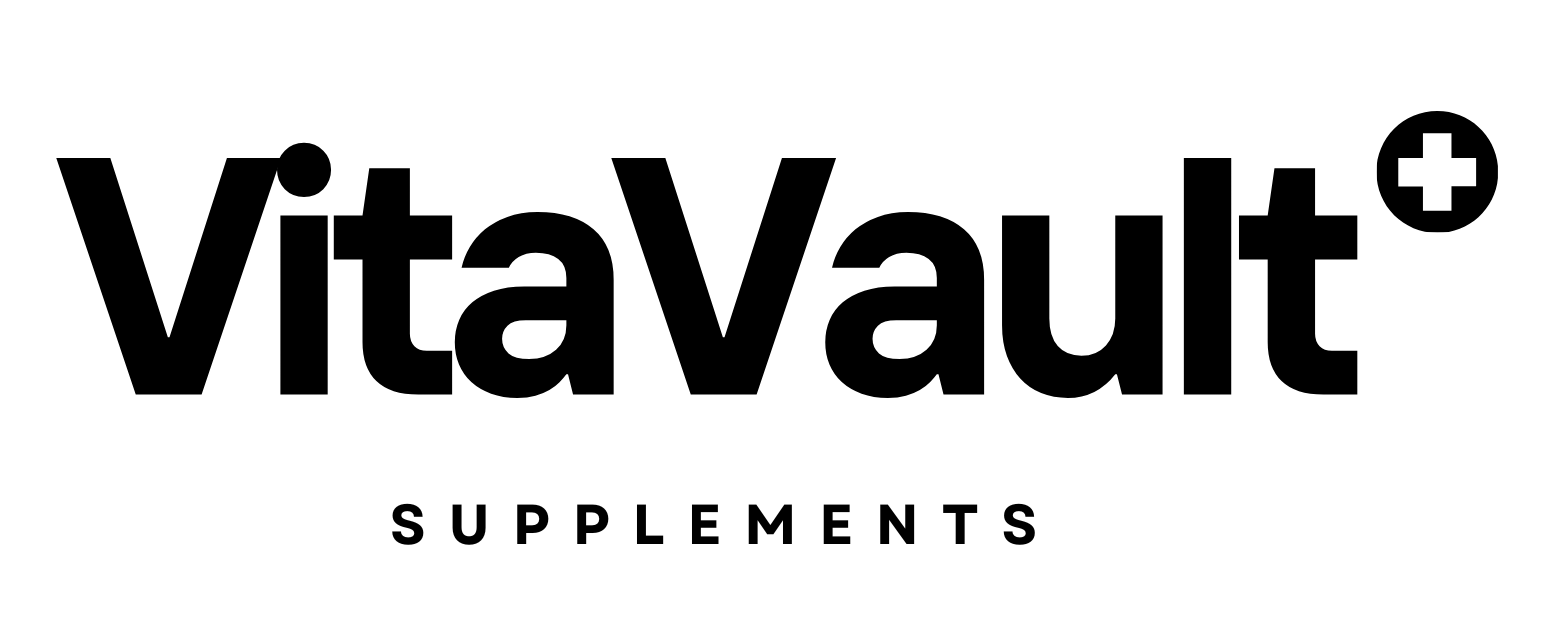Multivitamin Supplements: Do You Need Them for Optimal Health?
Introduction
Multivitamin and mineral (MVM) supplements are among the most commonly used dietary supplements worldwide. Their primary purpose is to fill nutritional gaps, ensuring individuals meet the recommended intake levels of essential micronutrients (Blumberg et al., 2018b). Despite the widespread availability of nutrient-rich foods, many people still struggle to consume adequate amounts of key vitamins and minerals due to poor dietary habits, lifestyle factors, and age-related changes in nutrient absorption (Ward, 2014).
While some studies highlight potential health benefits, including improved cognitive function, immune support, and eye health, others argue that multivitamins may offer limited benefits for disease prevention (Barnard, Kahleova and Becker, 2024). Given the evolving research landscape, understanding the role of multivitamins in nutrition is essential for making informed choices. The aim of this blog is to answer the question: Do multivitamins actually work ?
Why Are Multivitamins Important?
Addressing Nutritional Deficiencies
Despite having access to a variety of foods, many individuals fail to meet recommended daily intake levels for essential micronutrients. Research has shown that vitamins A, C, D, and E, as well as calcium, magnesium, iron, and potassium, are commonly underconsumed (Blumberg et al., 2018b). These deficiencies can contribute to a range of health concerns, including fatigue, weakened immunity, and poor bone health (Ward, 2014).
Studies indicate that MVM supplementation significantly reduces the proportion of individuals with intakes below the Estimated Average Requirement (EAR) for multiple nutrients (Blumberg et al., 2018b). For example, frequent multivitamin use was associated with a marked reduction in vitamin and mineral deficiencies, particularly in older adults and individuals with restricted diets (Ward, 2014).
Multivitamin Benefits: What Science Says About Brain & Immune Health
Cognitive Function and Brain Health
Emerging evidence suggests that multivitamin supplementation may play a role in supporting cognitive health and slowing age-related cognitive decline. Some studies have found that MVMs containing B vitamins, vitamin D, and antioxidants can enhance memory and mental processing, particularly in older adults (Barnard, Kahleova and Becker, 2024)
A recent study also linked multivitamin use with improved brain function in older individuals, although more research is needed to confirm long-term benefits (Blumberg et al., 2018a) While no supplement can replace a nutrient-dense diet, ensuring adequate intake of brain-supporting micronutrients may help maintain cognitive function over time.
Multivitamin Supplements for Immune Support & Energy
Several essential nutrients, including vitamins C, D, and zinc, are known to support immune health. Research has shown that individuals with low vitamin D levels may be more susceptible to infections, particularly during the winter months (Blumberg et al., 2018b). Regular MVM supplementation may help maintain adequate levels of immune-supportive micronutrients, particularly in those who do not get enough through diet alone (Ward, 2014).
Eye Health and Antioxidant Protection
Age-related eye conditions, such as macular degeneration, have been linked to oxidative stress and nutrient deficiencies. Specific vitamins and minerals, including beta-carotene, vitamins C and E, zinc, and lutein, have been shown to slow the progression of vision loss(Barnard, Kahleova and Becker, 2024). Some studies suggest that long-term MVM use, particularly those formulated with eye-supporting antioxidants, may be beneficial for maintaining vision health (Blumberg et al., 2018a)
Heart Health and Chronic Disease Prevention
The potential role of multivitamins in reducing the risk of chronic diseases, such as heart disease, remains controversial. While some research has indicated that MVM supplementation may lower cardiovascular risk factors in certain populations, large-scale clinical trials have not consistently demonstrated significant benefits in reducing heart disease risk (Kamangar and Emadi, 2012)
However, some targeted nutrients—such as folic acid, magnesium, and omega-3 fatty acids—have shown potential benefits for heart health (Blumberg et al., 2018a). This highlights the importance of personalised supplementation based on individual nutrient needs rather than relying solely on general multivitamin use.
Who Should Take a Multivitamin Supplement & Why?
Who May Benefit the Most?
While a balanced diet should be the primary source of essential nutrients, certain individuals may benefit from multivitamin supplementation, including:
-
Older Adults – Ageing is associated with reduced nutrient absorption, particularly for vitamin B12, calcium, and vitamin D (Ward, 2014).
-
Pregnant Women – Folic acid and iron are critical during pregnancy to support foetal development and prevent birth defects (Kamangar and Emadi, 2012)
-
Vegans and Vegetarians – Those who avoid animal products may have lower intake levels of vitamin B12, iron, and omega-3 fatty acids, making supplementation beneficial (Blumberg et al., 2018b).
-
People with Dietary Restrictions – Individuals on restrictive diets, such as those with food allergies or specific health conditions, may struggle to meet their nutrient needs through food alone (Ward, 2014).
Why Choose our Multivitamin Complex?
Our multivitamin supplement is carefully formulated to provide 100% of the Nutrient Reference Value (NRV) for essential vitamins and minerals, ensuring your body gets the daily nutrients it needs to function optimally. With vitamin C, vitamin E, and iron, it supports immune health, antioxidant protection, and energy production. The inclusion of B-complex vitamins (B1, B2, B3, B5, B6, B9, and B12) helps maintain cognitive function, nervous system health, and metabolism, while vitamin D and vitamin A contribute to bone health, vision, and immune support. Whether you're looking to fill nutritional gaps, boost your overall well-being, or support an active lifestyle, our comprehensive one-a-day formula makes it easy to meet your daily vitamin and mineral requirements.
What should I be aware of when purchasing a Multivitamin Supplement ?
While multivitamins can help address nutritional gaps, excessive intake of certain vitamins and minerals may pose risks. Some studies have linked high doses of beta-carotene and vitamin E to increased mortality in certain populations, particularly smokers (Kamangar & Emadi, 2012). Similarly, excessive iron supplementation may contribute to oxidative stress and cardiovascular risk (Barnard, Kahleova and Becker, 2024)
To avoid unnecessary intake, individuals should choose multivitamins tailored to their needs and consult a healthcare professional before starting supplementation but also consider the wider range of supplements they use apart from a multivitamin (Blumberg et al., 2018b).
Conclusion
Multivitamins serve as a convenient and effective way to fill nutritional gaps, particularly for individuals with higher nutrient needs or dietary limitations. While evidence suggests potential benefits in cognitive function, immune health, and eye health, the role of multivitamins in chronic disease prevention remains inconclusive (Barnard, Kahleova and Becker, 2024)
Rather than relying solely on supplements, a nutrient-rich diet should be the foundation of good health. However, for those at risk of deficiencies, multivitamin supplementation can be a useful tool to help maintain optimal nutrient intake and overall well-being (Blumberg et al., 2018b).


Share:
Omega-3 Algal Oil: The Best Vegan DHA & EPA Supplement for Heart & Brain Health
Ashwagandha Benefits: How This Ancient Herb Supports Stress, Sleep & Vitality